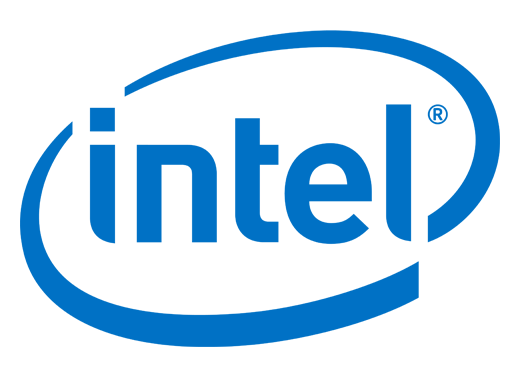Pat Gelsinger’s plight at Intel might be a warning for boomerang executives: Even when a company wins you back and appoints you CEO, the honeymoon can end in a flash.
Intel’s board of directors announced Gelsinger’s retirement as chief executive, effective yesterday, today. The company didn’t name a successor and instead appointed two executives as interim co-CEOs to replace Gelsinger, a former Intel lifer who has been CEO for only three years. Intel also said Gelsinger was stepping down from the board. In other words, the company left little room for interpretation that Gelsinger was ousted.
“Today is, of course, bittersweet as this company has been my life for the bulk of my working career,” Gelsinger said in a statement.
In response, Intel share prices shot up by 5% in premarket trading before slipping again. But that bump may have been the board’s goal, says Jo-Ellen Pozner, associate professor of management at the Leavey School of Business at Santa Clara University. Companies often choose to make big statements like this because they know Wall Street will respond favorably, she tells Fortune. It’s a signal that the company is serious about a strategic change in direction, particularly when an executive loses their board seat as well.
“When a CEO is replaced, when there hasn’t been a significant scandal or some whiff of wrongdoing, they’ll retain their seat on the board, even if it’s a kind of ceremonial position,” Pozner says. “It’s an acknowledgment that they’ve contributed, that they are an important part of the team, but that a change is needed.”
Removing Gelsinger from the board, she added, “seems like adding insult to injury.”
Gelsinger’s abrupt departure was unexpected given his history at the company. He started his career at Intel in the 1980s and spent decades there before leaving to lead software company VMware in 2009.
From the beginning of his CEO tenure at Intel, Gelsinger was meant to be a turnaround man. Once a category leader, Intel had fallen behind its competitors in terms of cutting-edge chips. It had previously been late to respond to the rise of smartphones and missed out on a surge of demand for chips made for mobile devices. More recently, it failed to predict the AI boom and watched competitor Nvidia seize on the opportunity, then balloon to a market cap of over $3 trillion.
When Gelsinger took over as CEO, he laid out an ambitious plan that would take several years to execute. Under his guidance, Intel would begin manufacturing chips and selling them to other companies. The plan required billions, including some $20 billion in subsidies from the Biden administration’s CHIPS and Science Act. But, as Fortune reported, Intel had little to show for that level of spending this year. Instead, its share price nose-dived. In August, the company announced it would lay off 15% of its staff and look for $10 billion in spending cuts. The downfall was so severe that Qualcomm reportedly saw Intel as a potential takeover target.
Against this backdrop, Gelsinger lost the board’s confidence. Citing sources close to the situation, Bloomberg reported that directors were frustrated with Gelsinger’s slow progress in chasing Nvidia’s lead. Frank Yeary, an independent chair of the board of Intel, will now serve as interim executive chair.
A year of ousters
It might be cold comfort to Gelsinger, but he joins a long list of CEOs who have abruptly departed their roles this year, including Karen Lynch at CVS, Bob Bakish at Paramount Global, and Laxman Narasimhan at Starbucks.
“It appears that 2024 is a year in which many boards have lost patience with CEOs,” executive consulting firm Korn Ferry noted this fall, pointing to a record rise it detected in CEO firings for the first half of the year. Gelsinger isn’t the only leader to be shown the door without any named successors: The same was true at Peloton, Lattice Semiconductor, and PriceSmart.
Across corporate America, boards may be acting hastily in response to profound anxiety about the markets, Pozner suggests, especially in the wake of the presidential election and Trump’s plans to shake up trade policies: “There’s just a lot of uncertainty about what is going to make people happy, and what people are really looking for in all domains of life.”
“Companies might be taking big swings because they’re worried about getting left behind,” she adds. Boards seem to be thinking, “We’ll try something. We’d rather go down swinging than waiting to get caught off guard.”

 www.semiaccurate.com
www.semiaccurate.com


